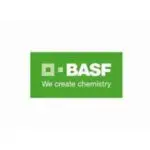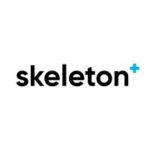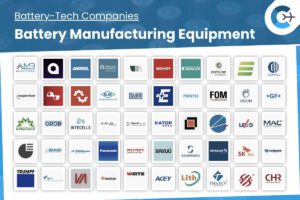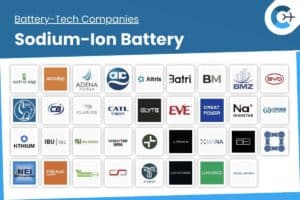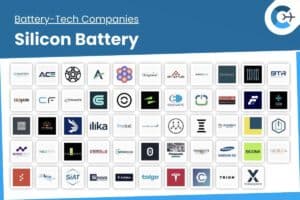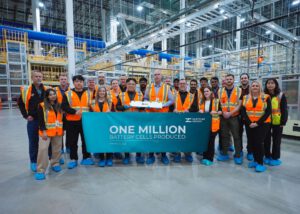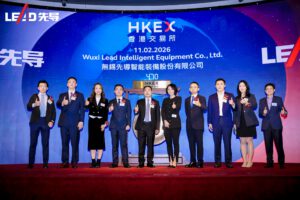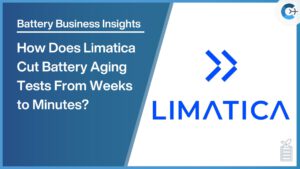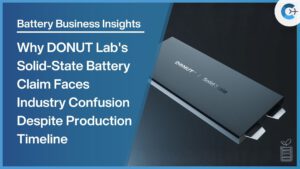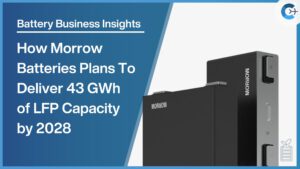BASF Canada, through its parent company BASF SE, focuses on cathode active materials (CAM) and sustainable battery recycling in lithium-ion batteries, used in EVs and consumer electronics. BASF produces CAM and pioneers recycling nickel, cobalt, and manganese to create new CAM from recycled metals, reducing carbon footprint. It is establishing a CAM production and recycling facility in Bécancour, Quebec, set to operate in 2025, serving Canada, US, and Mexico. Collaborations include partnerships with Nanotech Energy and American Battery Technology Company for recycling in Michigan. BASF also develops advanced anode binders that improve energy density and charge capacity of lithium-ion batteries.
BASF’s specific products include cathode active materials (CAM) for lithium-ion batteries and advanced anode binders that enhance energy density and charge capacity for electric vehicle and consumer electronics batteries. They produce CAM from both virgin and recycled metals.
Notable projects include the establishment of a CAM production and recycling facility in Bécancour, Quebec, expected to start operations in 2025, supporting North American EV markets. BASF collaborates with Nanotech Energy and American Battery Technology Company to develop a closed-loop battery recycling system that recycles nickel, cobalt, and manganese into new CAM, reducing environmental impact.
BASF Canada is a subsidiary of BASF SE, whose ownership comprises 46.0%–47.0% private investors primarily in Germany, 18.0%–19.0% institutional investors in the US and Canada, and the remainder by investors in the UK, Ireland, and Europe. BASF Venture Capital supports startups focused on chemical technologies, clean tech, and sustainability.

